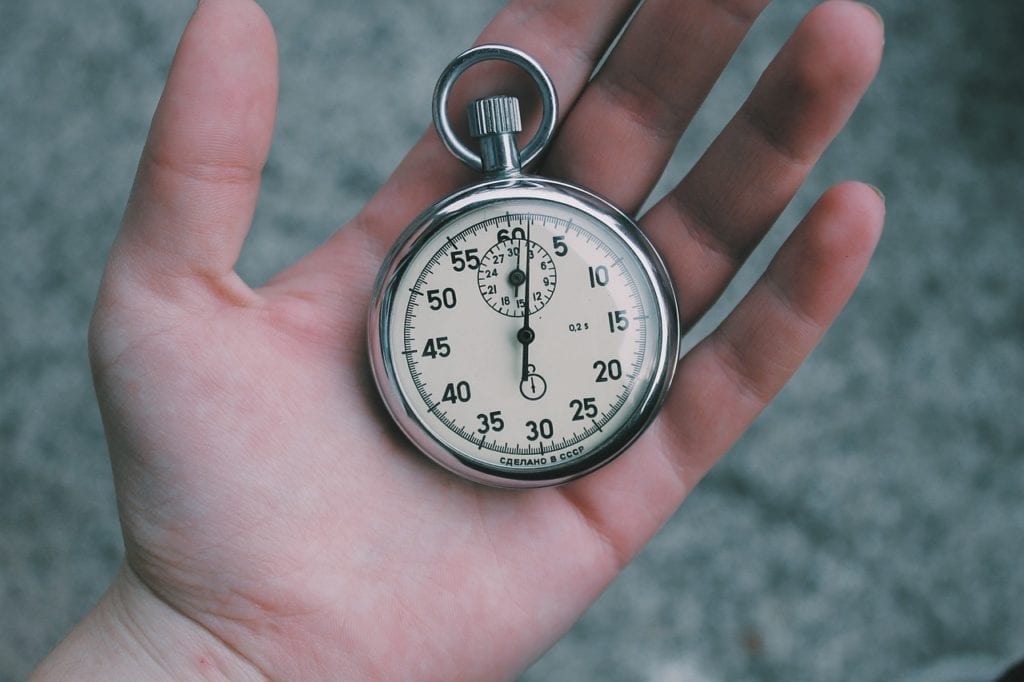There are many mysteries still contained in human biology. Circadian clocks and DNA repair seem to share an interaction that may be one of them. Furthermore, based on research from a lab at University of North Carolina School of Medicine, the interaction between Circadian clocks and DNA repair could be an important aspect of cancer treatment. Keep reading to learn more about this development or follow the original story at sleepreviewmag.com.
Circadian clocks are a sort of protein-based measurement of time within the cells of the body. What we know about this phenomenon points to it being based upon a 24-hour cycle. This method of measuring time appears to be important to maintain the proper function of all the body’s organs but the manner in which it interacts with other bodily functions is not entirely understood.
As the circadian clocks relate to DNA repair, the University of North Carolina (UNC) School of Medicine team investigated the relationship between them and an anti-cancer drug called cisplatin. The team measured the DNA repair process after administration cisplatin during a full 24 hour circadian cycle.
What they discovered was that different parts of different genes are repaired at various times of day. Understanding the process by which these parts and genes are selected, and when they are selected could enable a more efficient method of cancer treatment.
Lung cancer, ovarian cancer, and testicular cancer are all cancers which may be treated with cisplatin. It is a form of chemotherapy specifically useful against solid tissue cancers. Cisplatin effectively eliminates part of a cancer cell’s DNA. It is also, however, toxic to crucial systems of the patient’s body such as the nervous system, liver, and kidneys.
Chronotherapy may be the solution to avoiding this kind of collateral damage.
Chronotherapy suggests that by administering treatments in accordance with the human circadian clock the toxicity of treatments like cisplatin could be limited. The UNC School of Medicine team believes that by understanding how the circadian clock and the DNA repair mechanism are interwoven it would be possible to increase the amount of cancer cells destroyed while limiting the damage done to the patient based upon the time of day.
Through a study involving mice and cisplatin, the lab team was able to observe the DNA repair mechanism throughout a full 24 hour cycle.
What they observed was that the repair process operated most fully at predawn and pre-dusk times.
Knowing which cells are affected by DNA repair at which time of day is key to the concepts behind chronotherapy.
Cisplatin appears to affect the types of cells which are being repaired during this predawn/pre-dusk period. Based upon the team’s research, it may be best then to administer cisplatin in these same windows of time. That way, as the treatment is working, the body is most ready to counteract the harmful affects that may occur.







